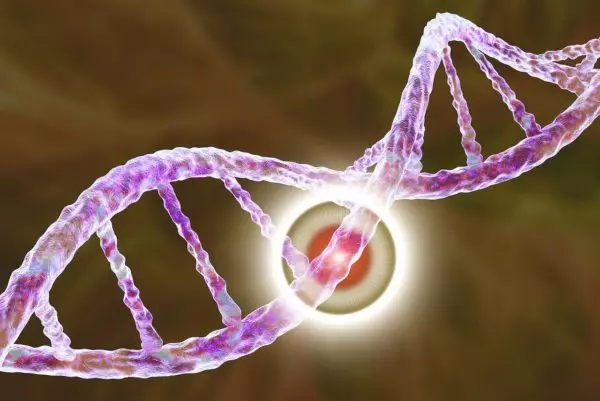
Scientists sometimes use gene mutations to identify high-risk individuals for certain cancers. At least one gene mutation has been linked to a heightened risk of mesothelioma. But, many scientists are looking for more genetic indicators for the cancer.
A recent study may have laid the groundwork to identify a new mutation related to malignant mesothelioma. If scientists continue this research, doctors may one day have a screening process for the asbestos-related cancer. A screening process would help identify patients with a high risk of mesothelioma and could lead to earlier diagnoses.
International Research Team Tests Tissue Samples
In May 2021, a team of scientists from the United States and Italy published its findings after a series of tissue sample analyses. The group tested multiple tissue samples from mesothelioma patients. These samples included some blood samples and tumor samples.
Tissue Samples Came From International Group of Patients
The patients who donated the tissue samples were also from several different countries.
- 12 samples came from mesothelioma patients in Canada and the United States.
- Two samples came from mesothelioma patients in Italy.
The researchers tested tissue samples from families with a predisposition for mesothelioma as well as other cancers. However, the researchers tested samples from mesothelioma patients who do not have a BAP1 mutation.
Additionally, all 12 samples from Canada and the United States came from mesothelioma patients with a documented history of asbestos exposure.
Researchers Identify Several Gene Mutations in Multiple Patients
The researchers performed whole genome sequencing (WGS) to determine the entire genetic sequence of each sample. Then, they analyzed the sequences to identify common mutations between samples.
The researchers identified three gene mutations shared by at least two study patients. One of these mutations, the mutation of gene LRRK2, is a mutation associated with Parkinson’s disease and an increased incidence of cancer.
“We found that most mesothelioma patients from high-risk cancer families have one to four inherited mutations in cancer-related genes that may predispose them to the carcinogenic effects of asbestos.”
Joseph R. Testa, Ph.D., FACMG, Fox Chase Cancer Center
After identifying the LRRK2 mutation in several patients, the researchers went a step further in their exploration. They tested separate pleural mesothelioma cells to see if they produced the protein encoded by the LRRK2 gene. 61% of the tested cells made little to no LRRK2 protein.
These results could indicate that an LRRK2 mutation is linked to a predisposition for mesothelioma.
However, more research is needed to evaluate the possibility.
How This Study Impacts Mesothelioma Research
Studies indicate roughly 5% of workers heavily exposed to asbestos develop mesothelioma. This mesothelioma statistic implies some people may be genetically protected from mesothelioma while others are predisposed to it.
BAP1 is just one mutation of possibly many that may indicate a risk of malignant mesothelioma.
By identifying more gene mutations, researchers could develop ways to screen for high-risk individuals. Once identified, doctors can monitor high-risk patients and potentially diagnose mesothelioma in these patients sooner.
An earlier diagnosis could improve the prognosis for many patients.
“Collectively, our data suggest that in addition to being a cancer predisposition gene, loss of expression of this newly recognized tumor suppressor gene is a frequent finding in mesothelioma and may serve as a biomarker for identifying those patients most likely to benefit from specific therapies that target pathways affected by LRRK2 loss.”
Joseph R. Testa, Ph.D., FACMG, Fox Chase Cancer Center




